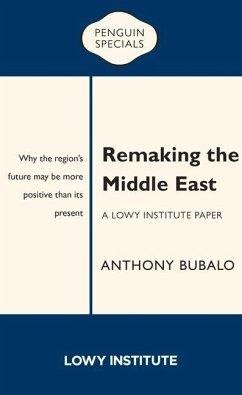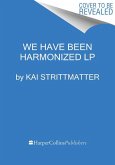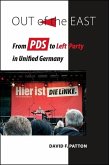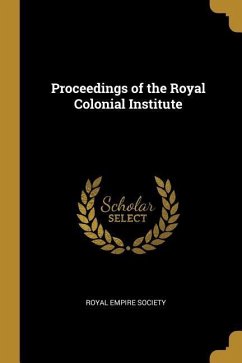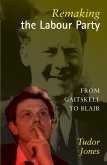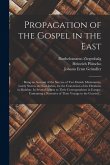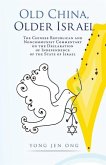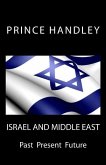Not since the collapse of the Ottoman Empire has the Middle East been convulsed by so many events in such a short period of time. Uprisings, coups, and wars have seen governments overthrown, hundreds of thousands killed, and millions displaced. Parts of the region have become ungoverned or ungovernable. Refugees and terrorists have become the Middle East's most noteworthy exports. In Remaking the Middle East, Anthony Bubalo argues that the current turmoil is the result of the irrevocable decay of the nizam--the system by which most states in the modern region are ruled. But if you look hard enough, it is possible to spot "green shoots" of change that could remake the Middle East in ways that are more inclusive, more democratic, less corrupt, and less violent. Such an outcome is not inevitable, but with so much commentary focused on what is going wrong in the region, it is also important to identify what may well go right.
Hinweis: Dieser Artikel kann nur an eine deutsche Lieferadresse ausgeliefert werden.
Hinweis: Dieser Artikel kann nur an eine deutsche Lieferadresse ausgeliefert werden.

